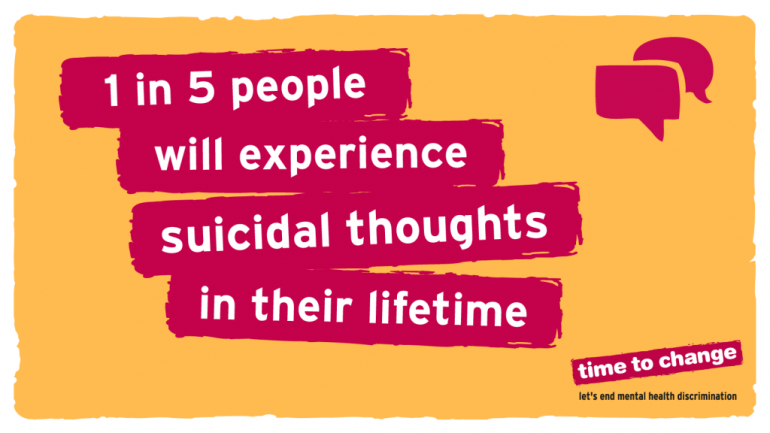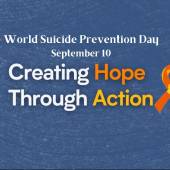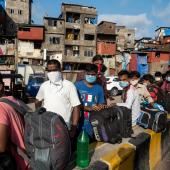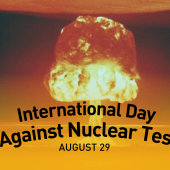World Suicide Prevention Day

Today, 10 September, marks World Suicide Prevention Day. It is organized by the International Association for Suicide Prevention (IASP).
The World Health Organization has been a co-sponsor of the observance, which aims to raise awareness around the globe that suicide can be prevented.
In past years, over 300 activities in about 70 countries were reported to IASP, including educational and commemorative events, press briefings and conferences, and social media events.
The WHO’s comprehensive mental health action plan 2013-2020 was adopted by the 66th World Health Assembly.
Dr. Margaret Chan, WHO director general, described the new Comprehensive Mental Health Action Plan 2013–2020 as a landmark achievement.
It focuses international attention on a long-neglected problem and is firmly rooted in the principles of human rights.
The action plan calls for changes. It calls for a change in attitudes that perpetuate stigma and discrimination that have isolated people since ancient times, and it calls for an expansion of services to promote greater efficiency in the use of resources.
The four major objectives of the action plan are to:
- Strengthen effective leadership and governance for mental health.
- Provide comprehensive, integrated and responsive mental health and social care services in community-based settings.
- Implement strategies for promotion and prevention in mental health.
- Strengthen information systems, evidence and research for mental health.
Each of the four objectives is accompanied by one or two specific targets, which provide the basis for measurable collective action and achievement by Member States towards global goals.
A set of core indicators relating to these targets as well as other actions have been developed and are being collected via the Mental Health Atlas project on a periodic basis.
Source: UN
Radio Veritas Asia (RVA), a media platform of the Catholic Church, aims to share Christ. RVA started in 1969 as a continental Catholic radio station to serve Asian countries in their respective local language, thus earning the tag “the Voice of Asian Christianity.” Responding to the emerging context, RVA embraced media platforms to connect with the global Asian audience via its 21 language websites and various social media platforms.













